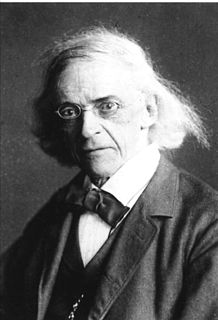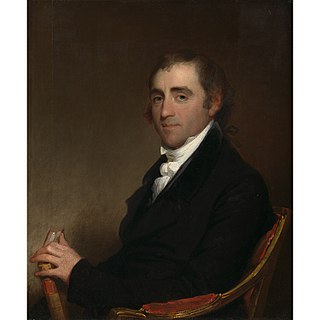A Quote by Chalmers Johnson
A nation can be one or the other, a democracy or an imperialist, but it can't be both. If it sticks to imperialism, it will, like the old Roman Republic, on which so much of our system was modeled, like the old Roman Republic, it will lose its democracy to a domestic dictatorship.
Related Quotes
You may ask what kind of a republic I dream of. Let me reply: I dream of a republic independent, free, and democratic, of a republic economically prosperous and yet socially just; in short, of a humane republic which serves the individual and which therefore holds the hope that the individual will serve it in turn. Of a republic of well-rounded people, because without such it is impossible to solve any of our problems, human, economic, ecological, social, or political.
That's the issue that I've been exploring: How did the Republic turn into the Empire? That's paralleled with: How did Anakin turn into Darth Vader? How does a good person go bad, and how does a democracy become a dictatorship? It isn't that the Empire conquered the Republic, it's that the Empire is the Republic.
I'm a great aficionado of history. I was deeply affected by seeing the disintegration of any chance of democracy coping with fascism in the Weimar republic, where woolly-minded, well-meaning liberalism actually allowed the forces of darkness to use democracy, to exploit democracy, to overturn democracy.
In the years of the Roman Republic, before the Christian era, Roman education was meant to produce those character traits that would make the ideal family man. Children were taught primarily to be good to their families. To revere gods, one's parents, and the laws of the state were the primary lessons for Roman boys. Cicero described the goal of their child rearing as "self- control, combined with dutiful affection to parents, and kindliness to kindred.
If Aristotle, Livy, and Harrington knew what a republic was, the British constitution is much more like a republic than an empire. They define a republic to be a government of laws, and not of men. If this definition is just, the British constitution is nothing more or less than a republic, in which the king is first magistrate. This office being hereditary, and being possessed of such ample and splendid prerogatives, is no objection to the government's being a republic, as long as it is bound by fixed laws, which the people have a voice in making, and a right to defend.
As a lawyer, as a former prosecutor, and as a son and grandson of foreign-service officers who tried to represent American democracy in foreign and dangerous places, the idea that this crowd of crooked fossil-fuel types is able to take over and run our democracy like we are a banana republic - I find that repellent.
[O]ur sages in the great [constitutional] convention... intended our government should be a republic which differs more widely from a democracy than a democracy from a despotism. The rigours of a despotism often... oppress only a few, but it is the very essence and nature of a democracy, for a faction claiming to oppress a minority, and that minority the chief owners of the property and truest lovers of their country.
We are free today substantially, but the day will come when our Republic will be an impossibility. It will be an impossibility because wealth will be concentrated in the hands of a few. A Republic cannot stand upon bayonets, and when the day comes when the wealth of the nation will be in the hands of a few, then we must rely upon the wisdom of the best elements in the country to readjust the laws of the nations to the changed conditions.
The interesting thing about that is one of the greatest critics of socialism and leftwing writings was Robert Michels who wrote a series of essays called "The Iron Law of Oligarchy" and in these essays he discusses how no matter what sorts of freedoms are advertised or put into a society structure, that all societies, all form of governments - whether they be a Roman republic, whether they be a democracy, whether they be a Russian communist system, whatever, a tribe... a tribal council - all of the continuously, throughout the ages, have all converted back into an oligarchy.


































